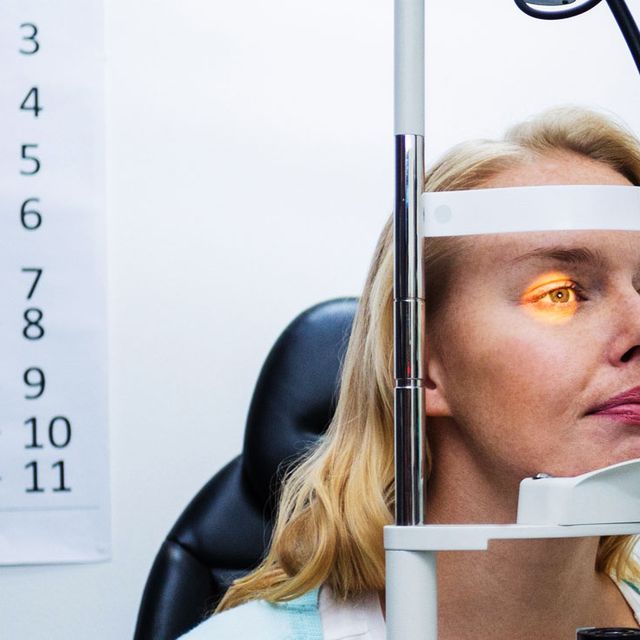
Blog

Going for regular eye examinations is something everyone needs to do. Eye exams expose conditions such as glaucoma in its early stages, giving doctors enough time to begin proper treatment procedures. Early treatment is vital in preventing the eye from developing irreversible complications.
What Is Glaucoma?
Glaucoma is a condition that causes damage to the optic nerve of the eye. This condition worsens over time as it builds pressure inside your eye. The pressure is known as intraocular pressure. This kind of pressure causes severe damage to the optic nerve's ability to send information to your brain.
As the damage worsens, glaucoma causes permanent loss of vision and sometimes complete blindness. Most of the time, glaucoma does not appear until later in life, and it often runs in families.
The loss of vision caused by glaucoma is irreversible. However, you can keep the sight you still have by lowering eye pressure. Most people with glaucoma who go for regular eye exams and follow their treatment plans accordingly usually keep their vision.
Types of Glaucoma
There are two main kinds of glaucoma:
Angle-Closure Glaucoma
This is where your eye is not able to drain as it is supposed to. The drain space between the cornea and iris becomes too narrow, resulting in a pressure build-up in the eye. This kind of glaucoma is more common in Asia. It has a relationship with farsightedness and cataracts, which are the clouding of the eye’s lens.
Open-Angle Glaucoma
This is the most common type of glaucoma, which medical practitioners call wide-angle glaucoma. The trabecular meshwork, which is your eye’s drain structure, looks okay. However, fluid does not flow out the way it should.
Symptoms of Glaucoma
Many people who have open-angle glaucoma do not appear to have any symptoms. If symptoms occur, then it means the condition is in its late stages. This is the reason glaucoma people refer to it as the “sneak thief of vision.”
With angle-closure glaucoma, the symptoms are easy to detect, and they appear quickly. This also means the damage appears quickly. You should see a doctor immediately if you have any of these symptoms:
Eye pain
Hazy-looking eyes mostly in infants
Loss of vision
Seeing halos around lights
Vomiting or upset stomach
Getting a Glaucoma Test
Glaucoma tests do not take long and are painless. To conduct a proper vision test, your eye doctor will need to dilate your pupils using eye drops. The drops assist the doctor in the eye examination. They will then check for signs of glaucoma by conducting exams on your optic nerve.
You may have to undergo a visual field test to check if your peripheral vision is okay or not. Your doctor will also run a test called tonometry to check for eye pressure. They may also take pictures so that they may compare changes in your next appointment.
Preventing Glaucoma
Doctors are yet to discover glaucoma prevention, but it is possible to lower the risk of eye damage resulting from the condition. Having regular eye exams will allow doctors to detect it early and start managing the situation. The sooner the doctor diagnoses glaucoma in your eyes, the earlier you can start treatment.
For more on glaucoma testing, contact Super Optical Express at our office in Gainesville, Florida. You can call 352-702-9700 today to schedule an appointment.



